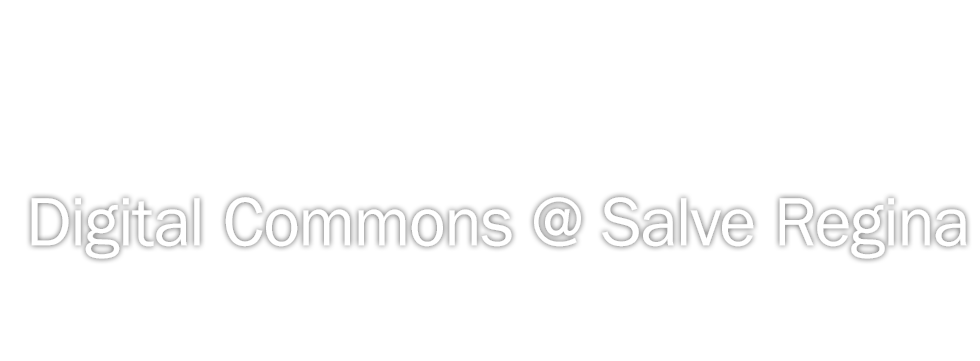Unraveling the Pseudo Statehood of Lebanon: A Critique of Consociationalism in Lebanon
Abstract
This study critically examines the paradigm of consociationalism and its inherent inadequacies within the framework of the Lebanese political model. Emphasizing three pivotal deficiencies—namely, elite political dynamics, the entrenchment of sectarian institutions, and external interference—this research delves into their manifestation in Lebanon across key historical junctures, encompassing Lebanon’s genesis under the National Pact, its reconfiguration following the Ta’if Agreement, and the ramifications within its security apparatus and prevailing corruption. Moreover, an analytical comparison is drawn between the failures of Lebanese consociationalism and the prevailing strengths of Hezbollah, resulting in a nuanced portrayal that extends beyond a conventional depiction of a failing state but not a failed state, positioning Lebanon within the framework of a quasi-state. This study posits the introduction of a novel categorization for assessing states, denoted as a "pseudo state." Upon the application of Lebanon’s consociational shortcomings against the criteria delineating a pseudo state, this research establishes the eligibility of Lebanon for pseudo statehood: a sovereign state that cannot function as a state in defending itself, running an economy or legislating but is run by either a local non-state actor or foreign power.
Subject Area
International Relations|Middle Eastern Studies|Political science|Public policy|Demography
Recommended Citation
Makar, Ramy Daniel, "Unraveling the Pseudo Statehood of Lebanon: A Critique of Consociationalism in Lebanon" (2024). Doctoral Dissertations. AAI30997492.
https://digitalcommons.salve.edu/dissertations/AAI30997492
Off-Campus Salve Regina University Users:
To access this dissertation, please log in to our
proxy server.

